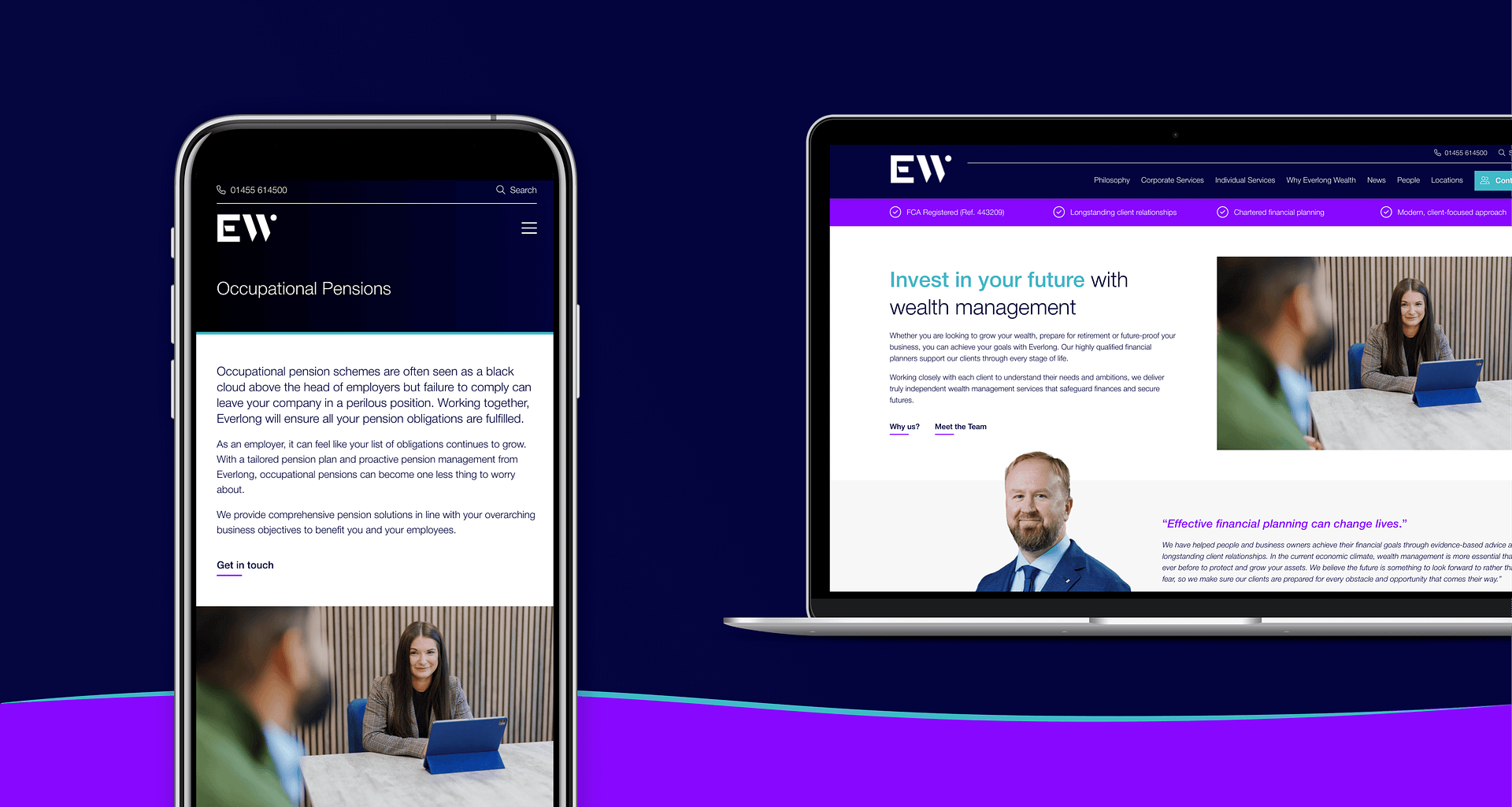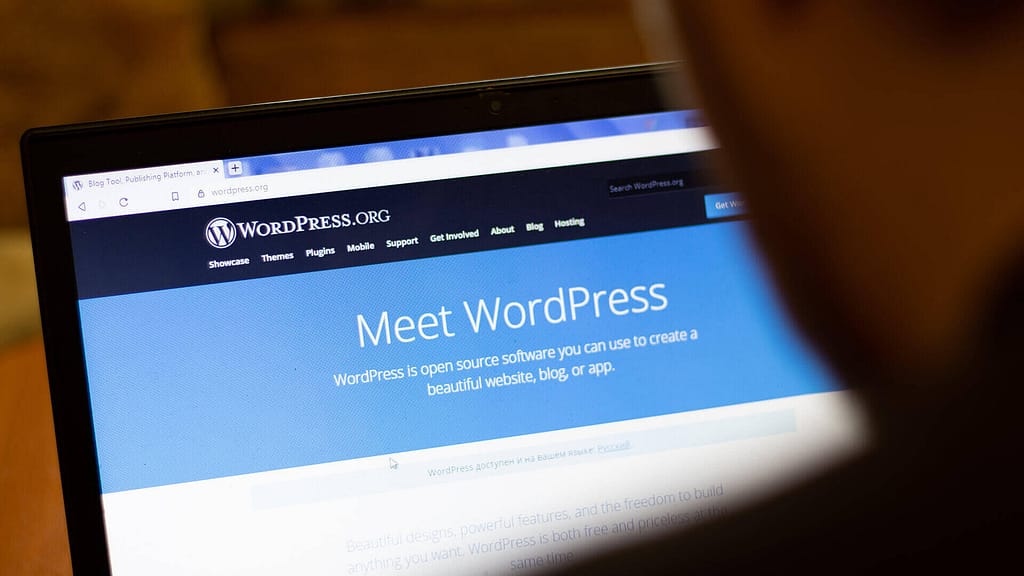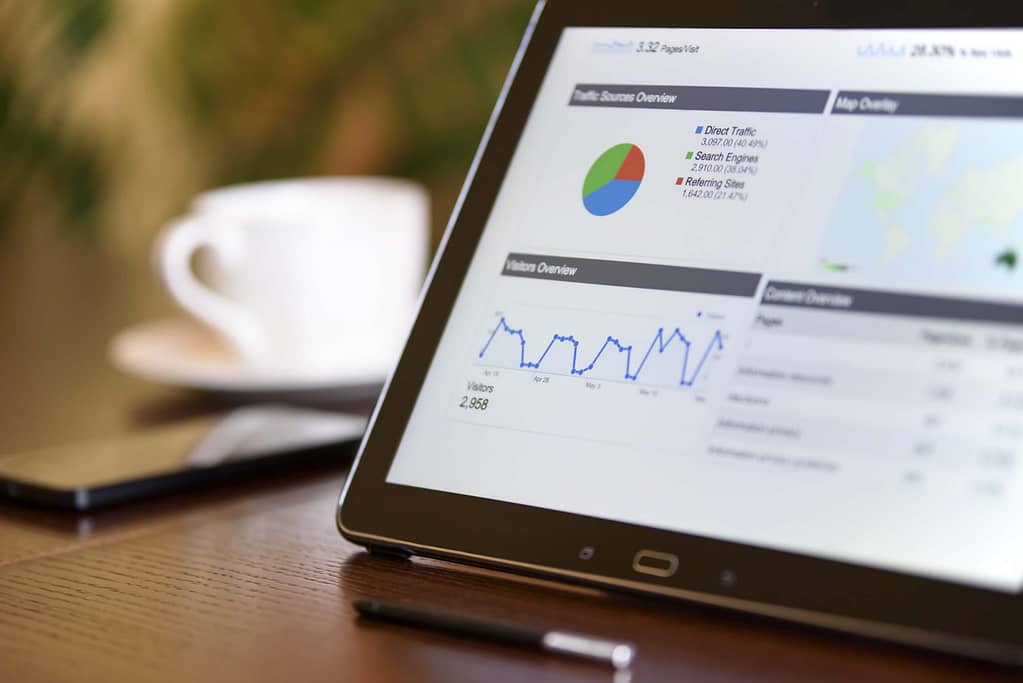Posted 20.10.2016
By Rob Twells
When looking for a web developer to build your new site, it’s important to know the questions you should be asking them. A website is a considerable investment and so we’ve compiled a list of questions to ask to make sure you’re going to get your money’s worth.
It’s important to know the skill set of the team working on your website. Notice the word ‘team’; if it is just one person working on your website, they are unlikely to possess all the skills required to build a successful website. For more information on this, read our blog on why it matters to know the difference between a web designer and a web developer.

Before your website can go to the design stage, there must be some branding guidelines in place for consistency. You may not currently have any brand guidelines or you may have some but they need defining; you need a web designer that is capable of developing these with you.
It would also be highly beneficial to work with an agency which can assist you with digital marketing including SEO, social media and email campaigns.
After your first enquiry, you may get a rough quote from your web developer but after having an in-depth consultation with them, you should receive a set price within a proposal. The proposal should detail exactly what your web developer is going to do for you including how your website will work.
If you have a small budget, having a website that uses a template is probably the best option for you. However, you will not get a bespoke website and therefore it will not meet the requirements of your business’s target customer as well as it could do. Therefore, if you can afford to invest more money into having a bespoke website built, you should.

Your new website will not be effective without a strong partnership and good communication between client and developer. The developer is the expert in websites but you’re the expert in your business and your industry. The developer will need to know what you know in terms of how your business runs and how your customers engage with it. They may also require content from you in the form of information and images, videos etc for the website.
Responsive web design is the art of crafting and adjusting websites for optimal viewing on all screen sizes and devices. In 2016 you should be getting a responsive website, but even if it is considered responsive by the developer, it may not be ‘optimal’. Make sure your developer knows how they are going to create a truly responsive and optimised website for mobile and tablet devices. Find out more on responsive websites and mobile ready websites.

You’d think there would be an obvious answer to this question – you pay for it so it would be yours, right? Actually, it’s not that simple because of all the elements of a website. Your developer should be able to tell you that you own the design, html, style sheets and source code (and the content if you have supplied it yourself).
Your developer should be communicating with you at every stage of development right from the initial first design. You should use a web developer that will listen to your ideas and adjust your design until you are completely happy.
You should always look at other websites built by the developer. Have a look at the design and functionality of each website. If you can’t see any problems, then using these websites can be helpful when looking for inspiration for your own website. Tell the developer what you like about them.

Award winning websites, digital marketing & experiences that connect you with your customers
We wouldn’t advise choosing a developer who asks for one upfront payment; it will not give you much confidence or reassurance that they are going to a good job for you. Good web developers tend to ask for a small amount up front and the rest on completion of the website.
Usually it will be up to you to supply the developer with content for your website. However, it’s extremely beneficial if you can work with an web development agency that has an in-house copywriter. The copywriter will be able to amend any spelling and grammatical errors and make your website content read well for your audience. But the most important reason for having a copywriter is to give your website the best possible chance of returning in Google searches.
Your developer should be able to tell you how your new website will function and the benefits it is going to have for you.
A good developer will probably need around 4 – 6 weeks to take your website from the concept stage to the launch. However, the time it will take depends on a number of factors including how many pages there will be on your website, what you want it to do and how quickly you can respond to their requests.
Your website should absolutely have a content management system so you can go in and change content after it has been launched. Different developers will use different content management systems; WordPress being amongst the most popular.

This is such an important question to ask because if your developer just leaves you to it after the launch, if anything goes wrong, how will you sort the problem? It could end up costing your business a lot of money.
We back up each website we have built twice a day so our current and previous clients will never lose anything if something were to go wrong. We also offer general support and advice whenever you need it.
If you require any support beyond this, your developer should be able to offer you various packages (see question 2).
If you choose not to pay for an ongoing package which will include the monitoring of your website, you should ask your developer if they will show you around Google Analytics. If you need help understanding how to use Google Analytics, see our blog.

It’s always best if you can supply the developer with original images. If you do not have original images, the website developer should be able to arrange for a photographer to shoot the images you need.
However, if this is not possible your developer can source images from stock image websites. You can get free stock images, however, you will be very limited to what you have to choose and therefore it would be best to buy them.
You do not want to lose anything if something were to go wrong, therefore, regular back-ups are essential. If your website is updated regularly, these should be at least once a day.
You need to think about the kind of security your website will need. If your site is going to be taking payments, has it got an SSL certificate?
Check out this blog to help you understand more about website security.
Having a blog is a fantastic way to add value to your website for your customers, in turn, improving user experience. It’s also a great way to show Google you are keeping your website up-to-date with fresh content.
So the answer to this question should be yes, unless, you know you won’t have the time to update your blog frequently. If you know you can’t give up some time to post a new blog at least once a month, it could actually do more harm than good to have a blog section on your website.
Our Services
Recent posts
The Beginner’s Guide to Setting Up Your First eCommerce Store
Posted 25/03/2025 by Frogspark
How to Create Cost-Effective, Engagement-Boosting Videos For Your Website
Posted 11/02/2025 by Frogspark
Building Better Website Forms To Drive More Conversions (and Revenue)
Posted 27/01/2025 by Pete Bingham
Need help with your web design or digital marketing?
Talk to an expert today or call us on 01332 493766
Part of The Digital Maze Group